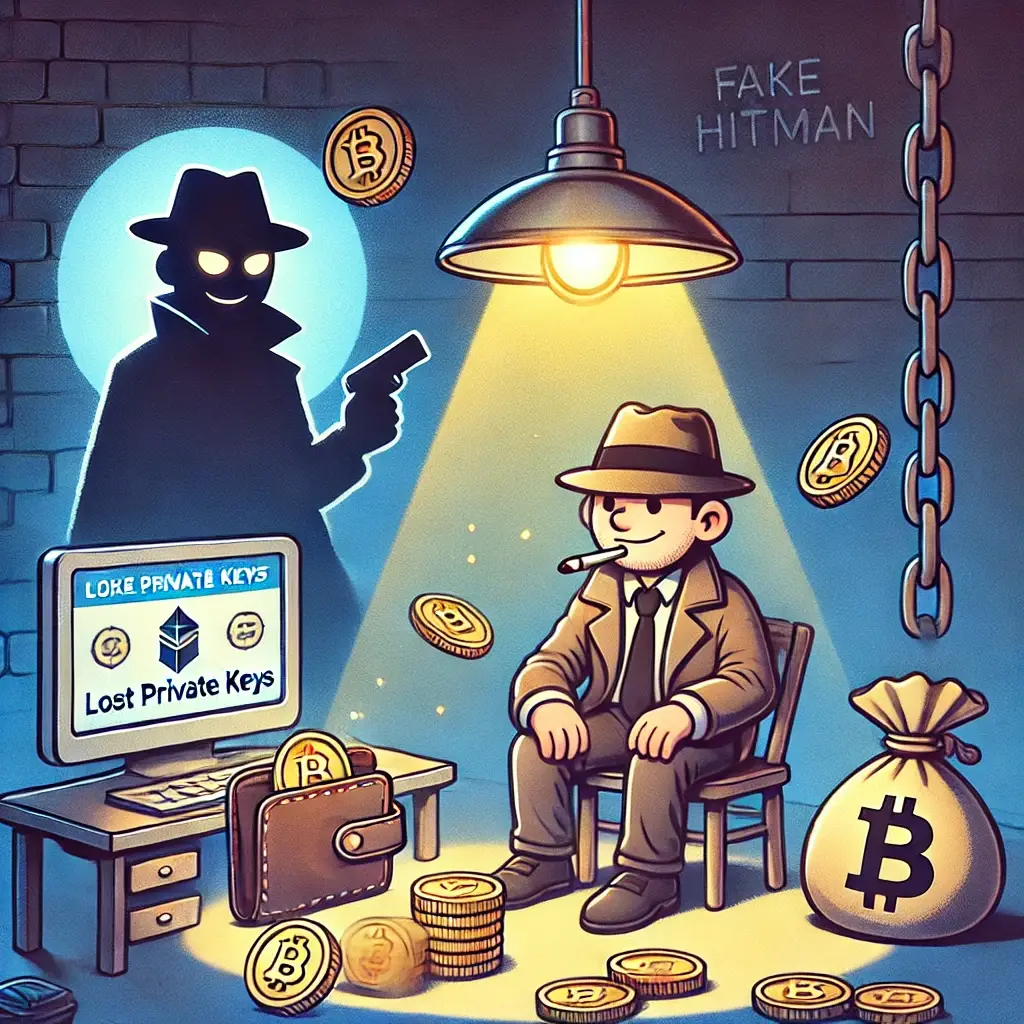Cryptocurrency has been dubbed the “Wild West” of finance for a reason. While it’s revolutionized payments and investments, it has also drawn the attention of those who prefer their financial dealings—how shall we put this?—a little less regulated. From tragic tales to the downright absurd, let’s dive into the murky waters of how crypto and organized crime collide, sometimes with fatal consequences.
The Allure of Crypto for Organized Crime
Why Criminals Love Crypto
Cryptocurrency offers anonymity, speed, and global reach. Why bother with a suitcase full of cash when you can transfer millions with a click? It’s no wonder that organized crime groups have embraced crypto like a cat with a laser pointer.
Top Reasons Criminals Use Crypto
-
Anonymity: Transactions can be tough to trace (unless you’re really bad at hiding your tracks, which we’ll get to).
-
Borderless Payments: Sending Bitcoin is a lot easier than smuggling diamonds.
-
Decentralization: No middlemen, no questions asked.
Real Stories of Crypto Crimes Gone Wrong
The Gang That Lost Its Wallet
Imagine pulling off a $30 million heist only to lose the private key to your wallet. That’s exactly what happened to a notorious Eastern European gang. Their entire loot—poof, gone! It’s a tragic tale, but also a cautionary one: criminals, please learn how to use 2FA.
Hitman Services Paid in Crypto
You might have heard of dark web markets offering “hitman for hire” services. The twist? Payments in Bitcoin. But here’s the kicker—many of these “hitmen” turned out to be scammers! Not only did the clients lose their Bitcoin, but nobody actually got whacked. A happy ending... kind of?
The Dark Side of Blockchain Transparency
Thinking Crypto Is Truly Anonymous? Think Again
One of the biggest misconceptions is that cryptocurrency is untraceable. While it offers pseudonymity, blockchain’s public ledger has allowed law enforcement to connect the dots. Remember the Colonial Pipeline ransomware attack? The FBI recovered $2.3 million in Bitcoin by tracing transactions. Ouch.
Famous Cases of Blockchain Betrayal
-
The Silk Road Saga: Ross Ulbricht’s downfall was partially thanks to blockchain analysis.
-
Bitfinex Hack Recovery: Authorities traced stolen Bitcoin to a New York couple. Moral of the story: hide your tracks better.
The Fatal Consequences: When Crime Gets Too Real
From Scams to Revenge
Not all crypto-related crime ends with a Netflix-worthy twist. Some stories take a darker turn. Cases of revenge killings, kidnappings, and extortion have been linked to disputes over cryptocurrency payments.
Tips to Avoid Becoming a Crypto Statistic
-
Never share your private key—not even with your cat.
-
Use cold wallets for large sums. Yes, they’re annoying, but so is getting robbed.
-
Research platforms before investing. If it looks shady, it probably is.
Can Blockchain Fix This?
The Irony of Transparency
While blockchain technology powers these crimes, it’s also key to stopping them. Enhanced tracking tools and AI are helping law enforcement agencies crack down on illicit activities. So maybe the same tool that brought chaos can also bring order.
Conclusion: A Comedy of Errors or a Greek Tragedy?
Cryptocurrency and organized crime make for a fascinating mix of high-tech heists, amateur-hour mistakes, and occasionally dark outcomes. As blockchain technology evolves, so too will the cat-and-mouse game between criminals and the law. Until then, remember: keep your wallet secure, avoid hiring fake hitmen, and maybe… just stick to legal crypto trades. Life’s too short to end up in a Netflix documentary.
